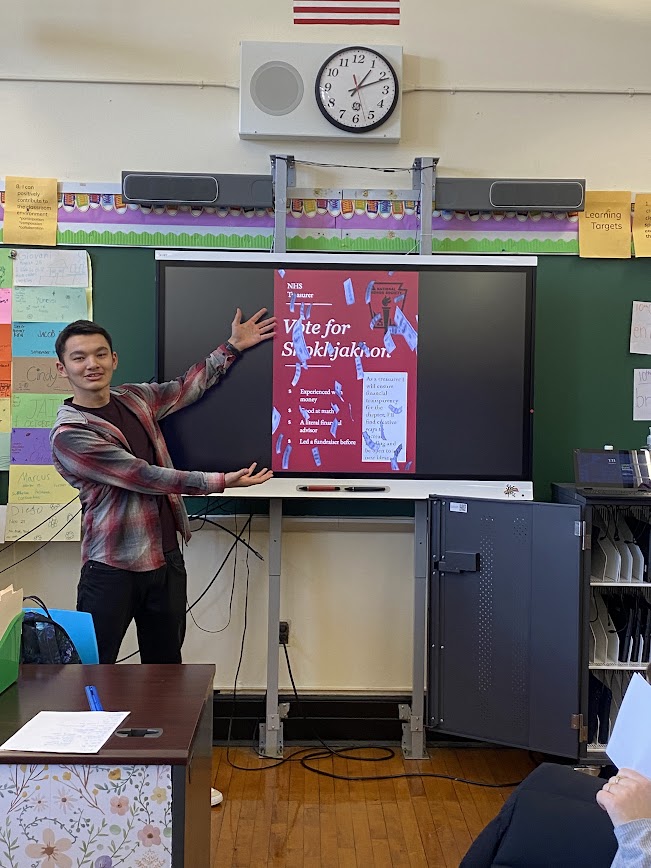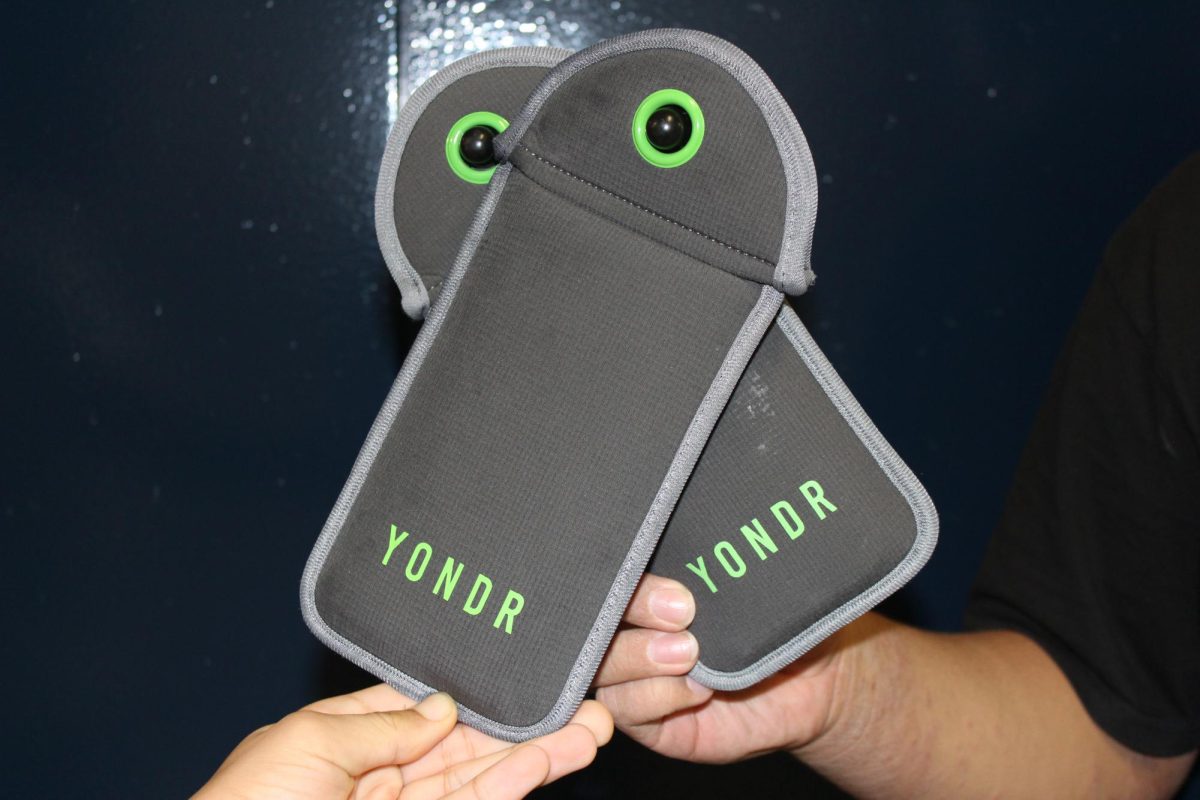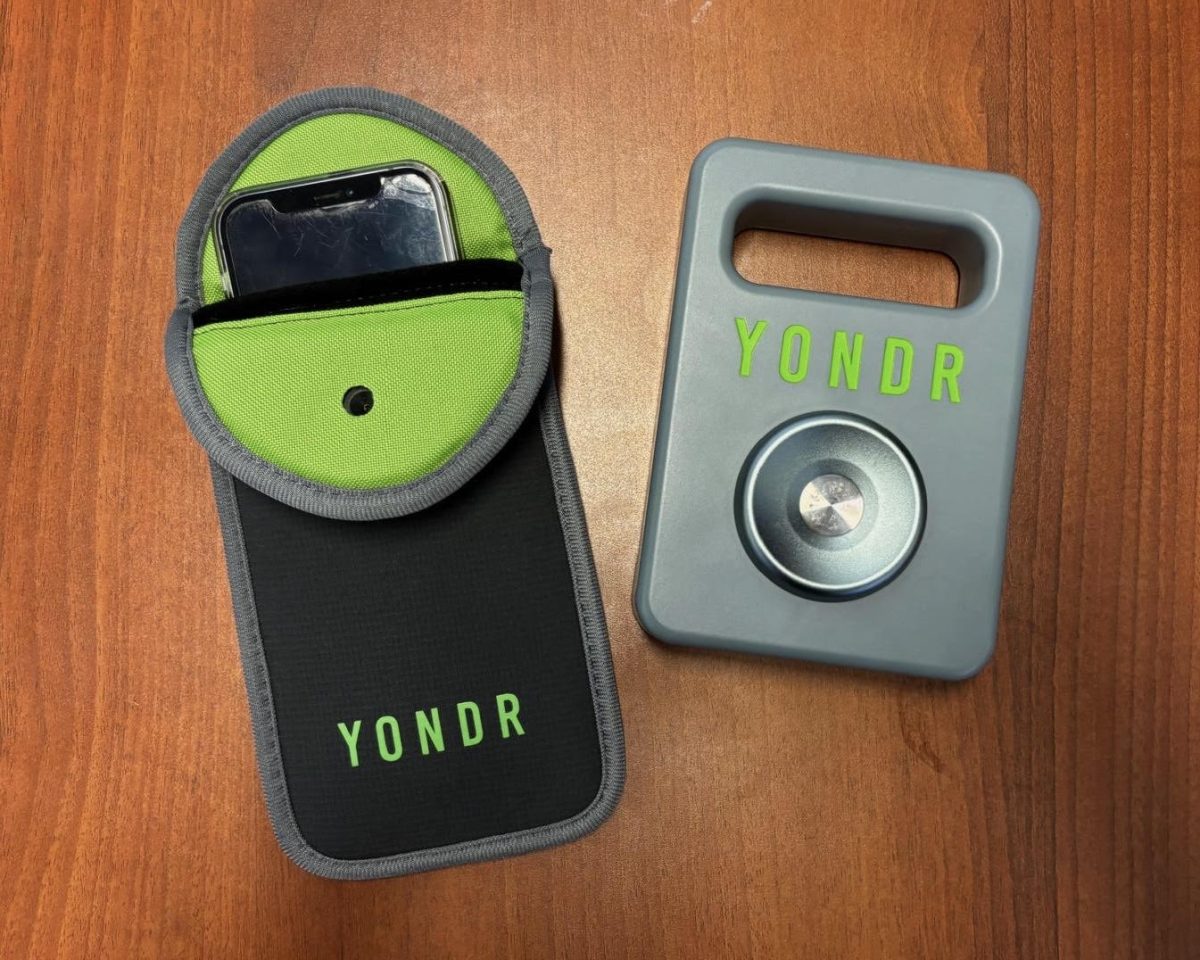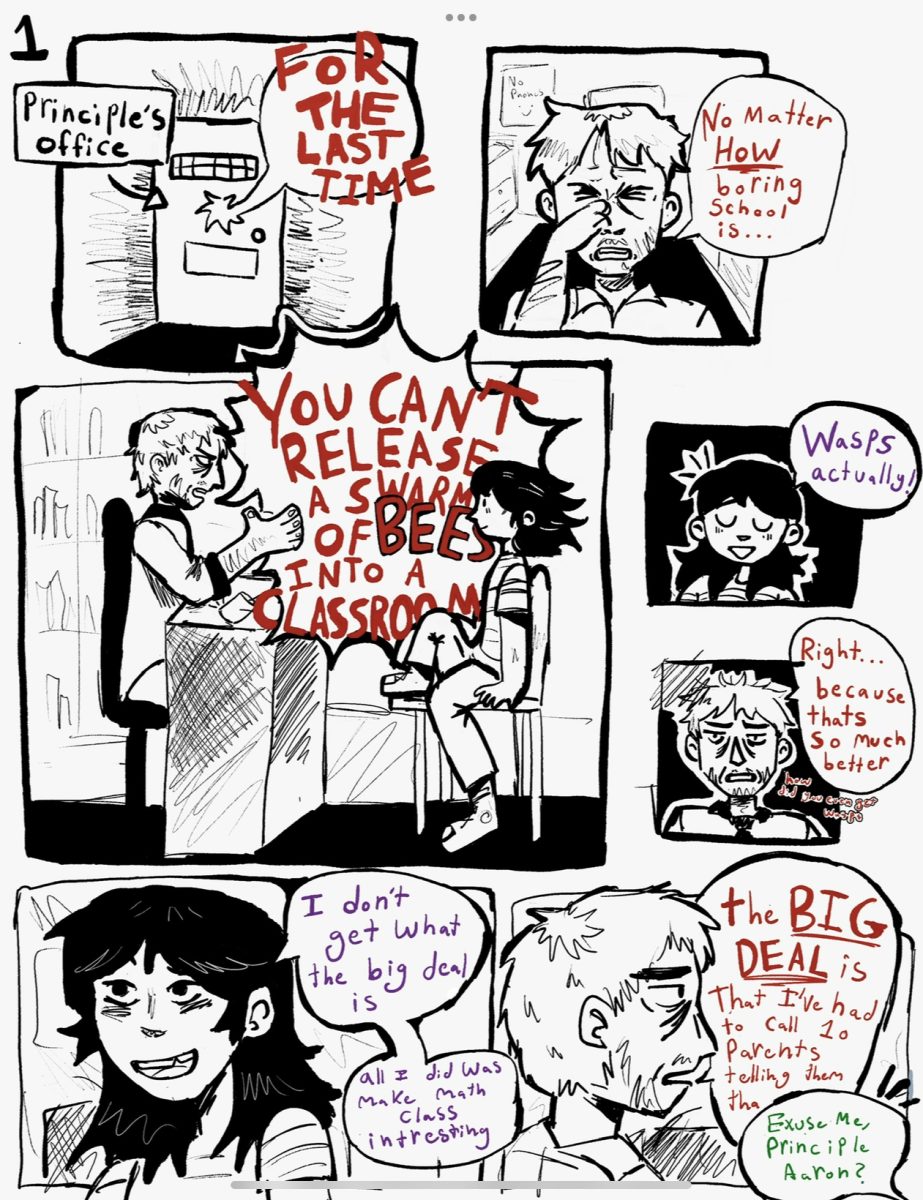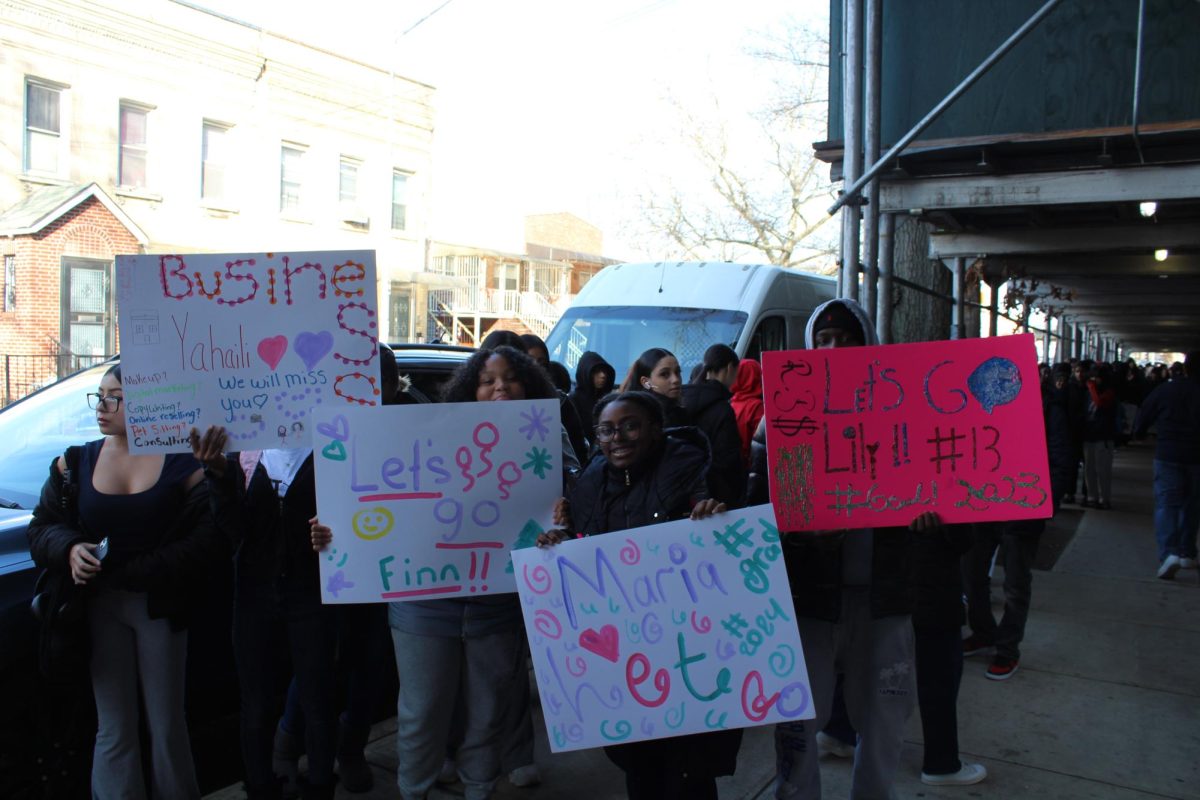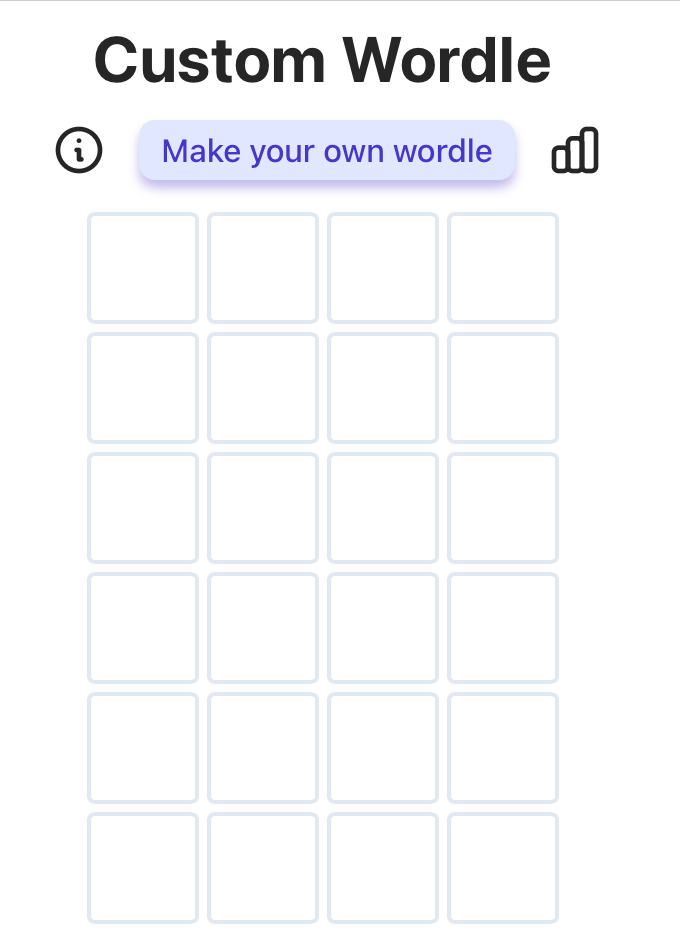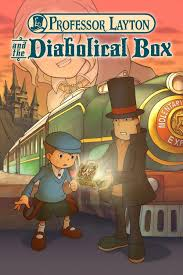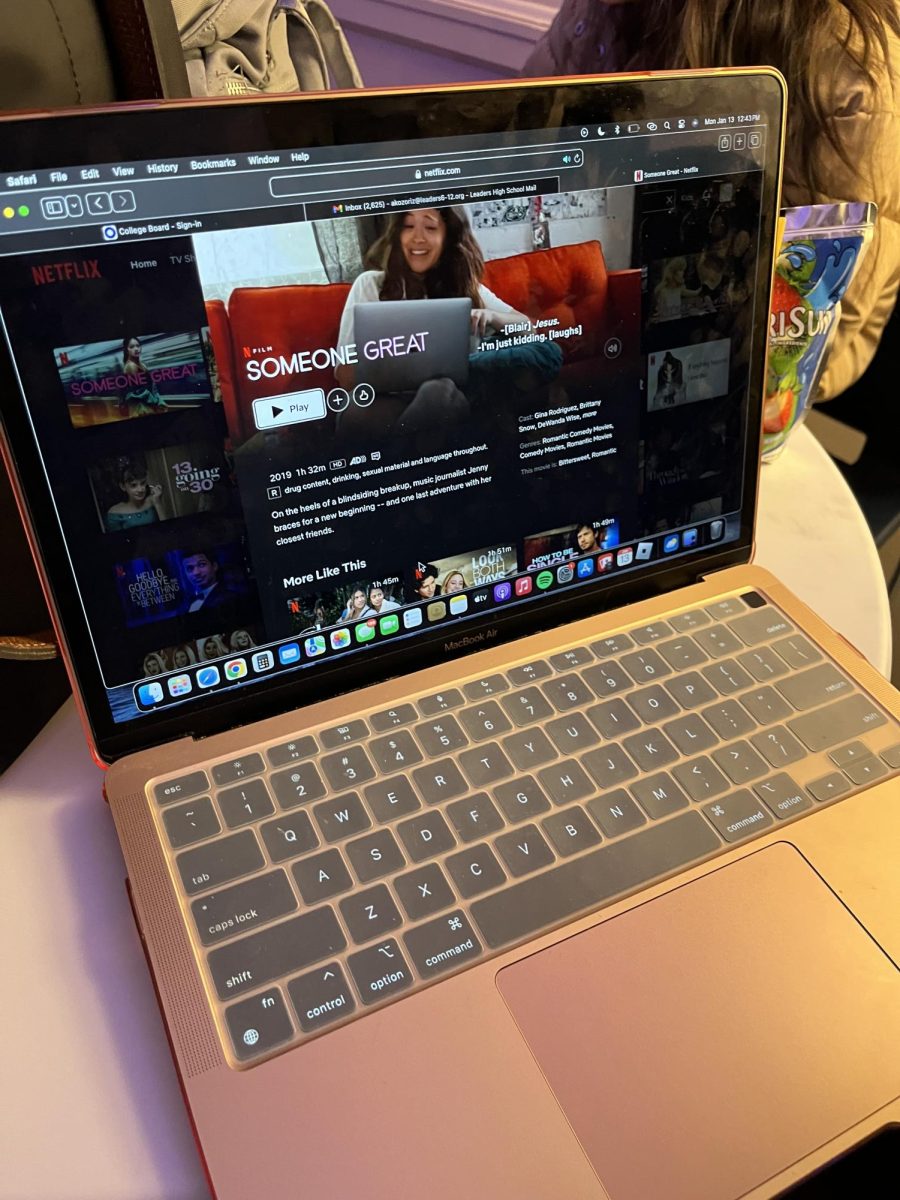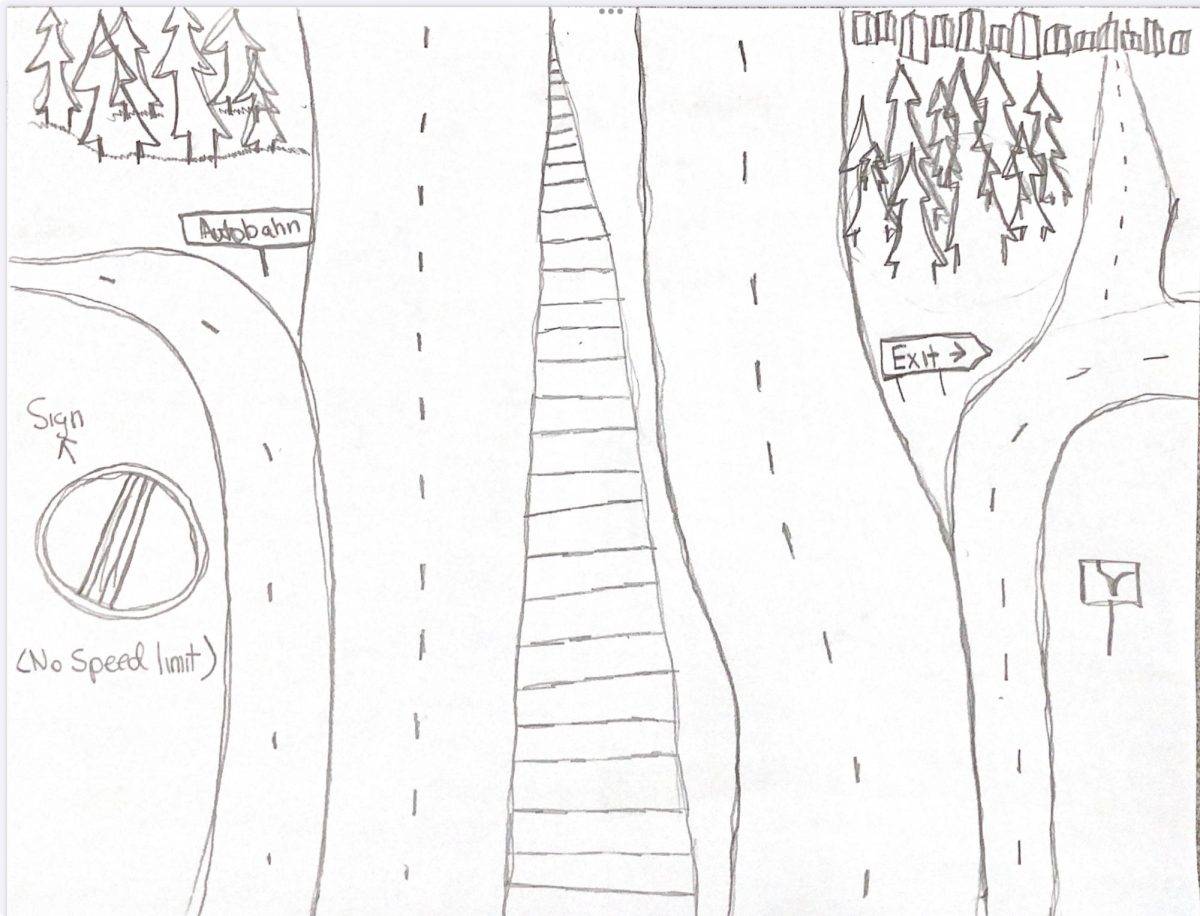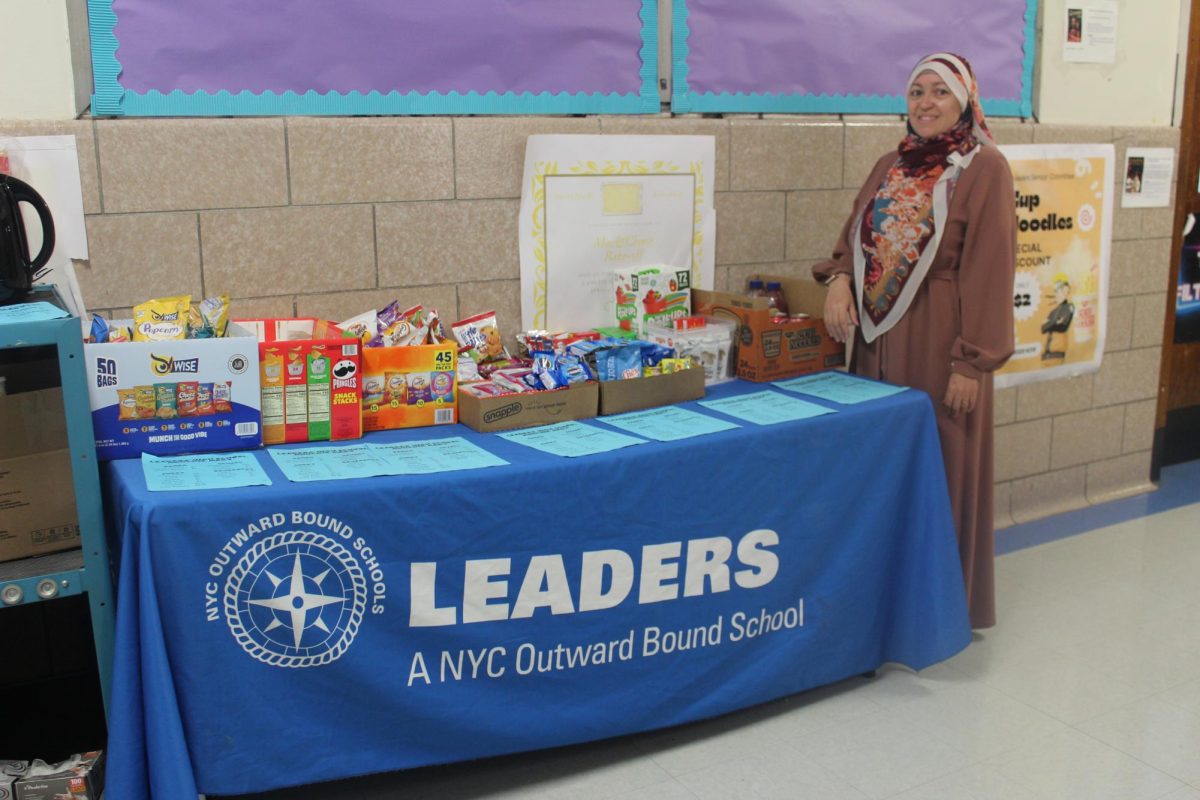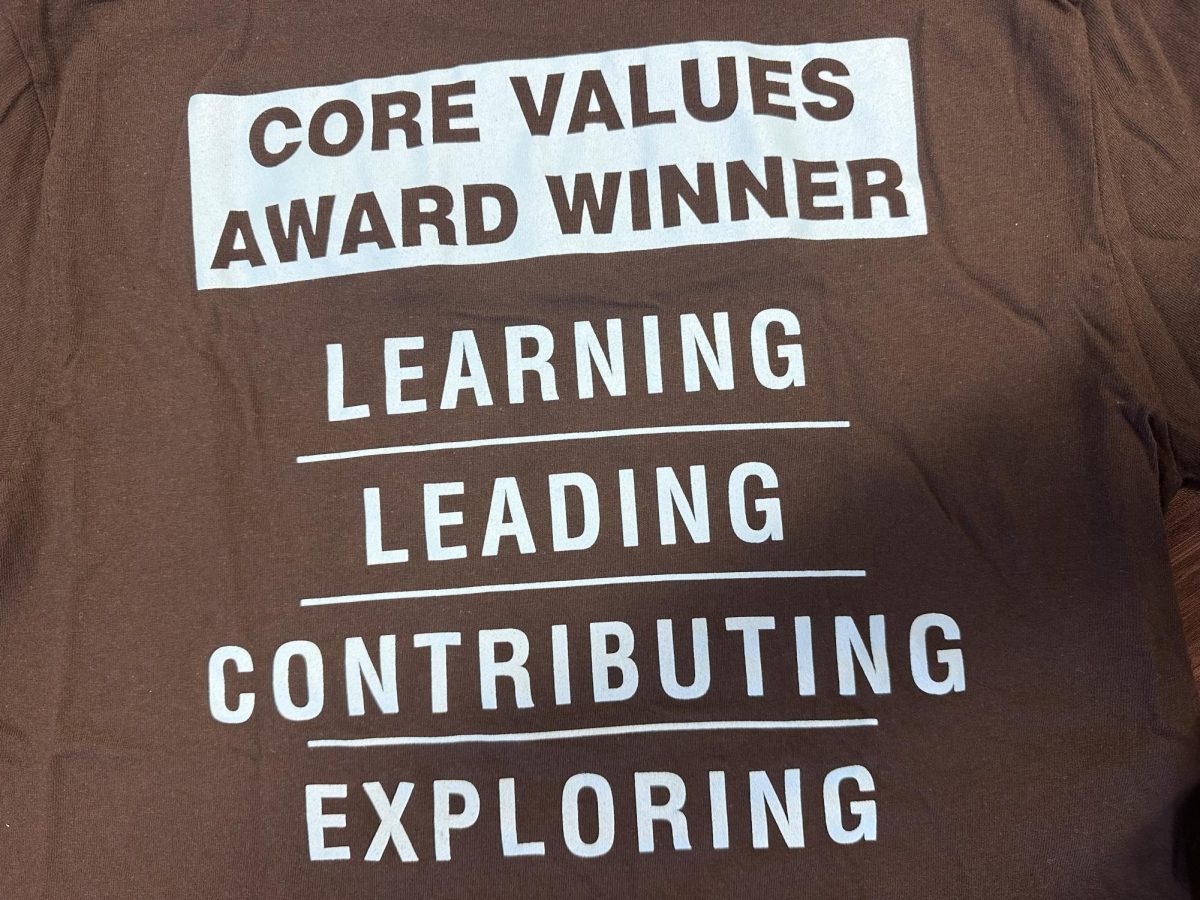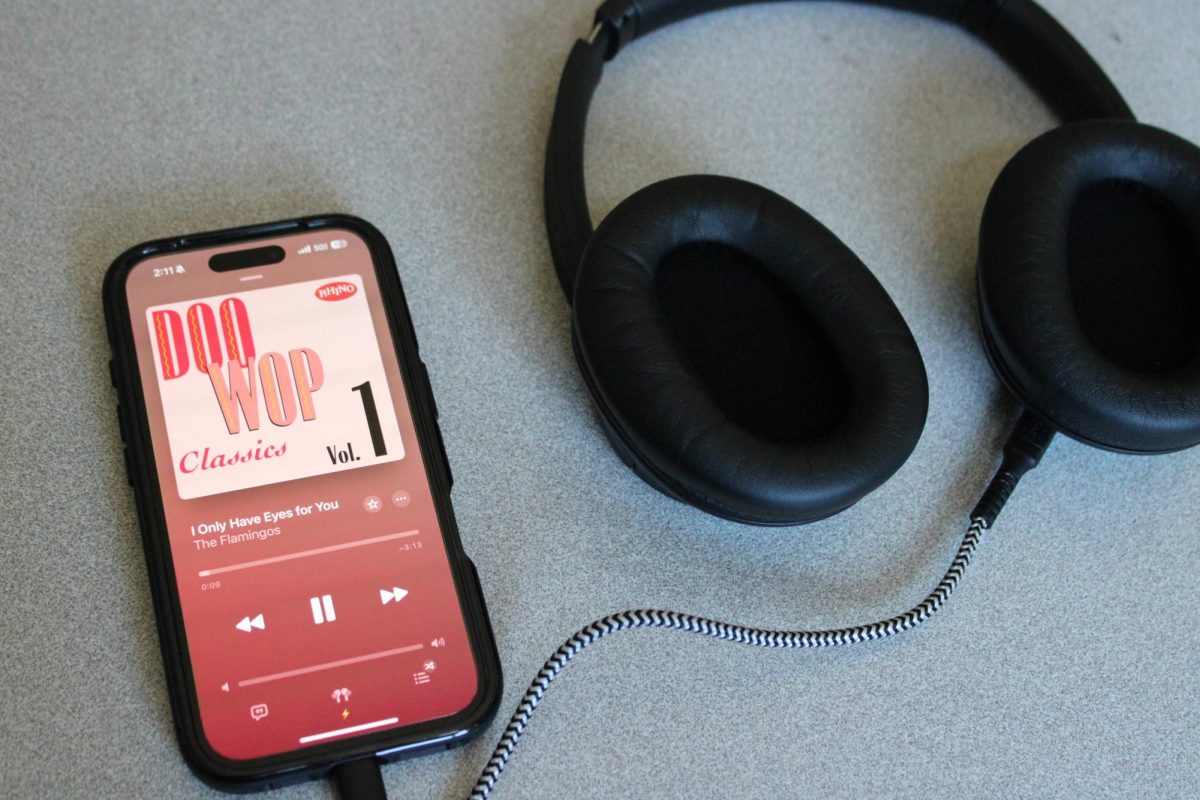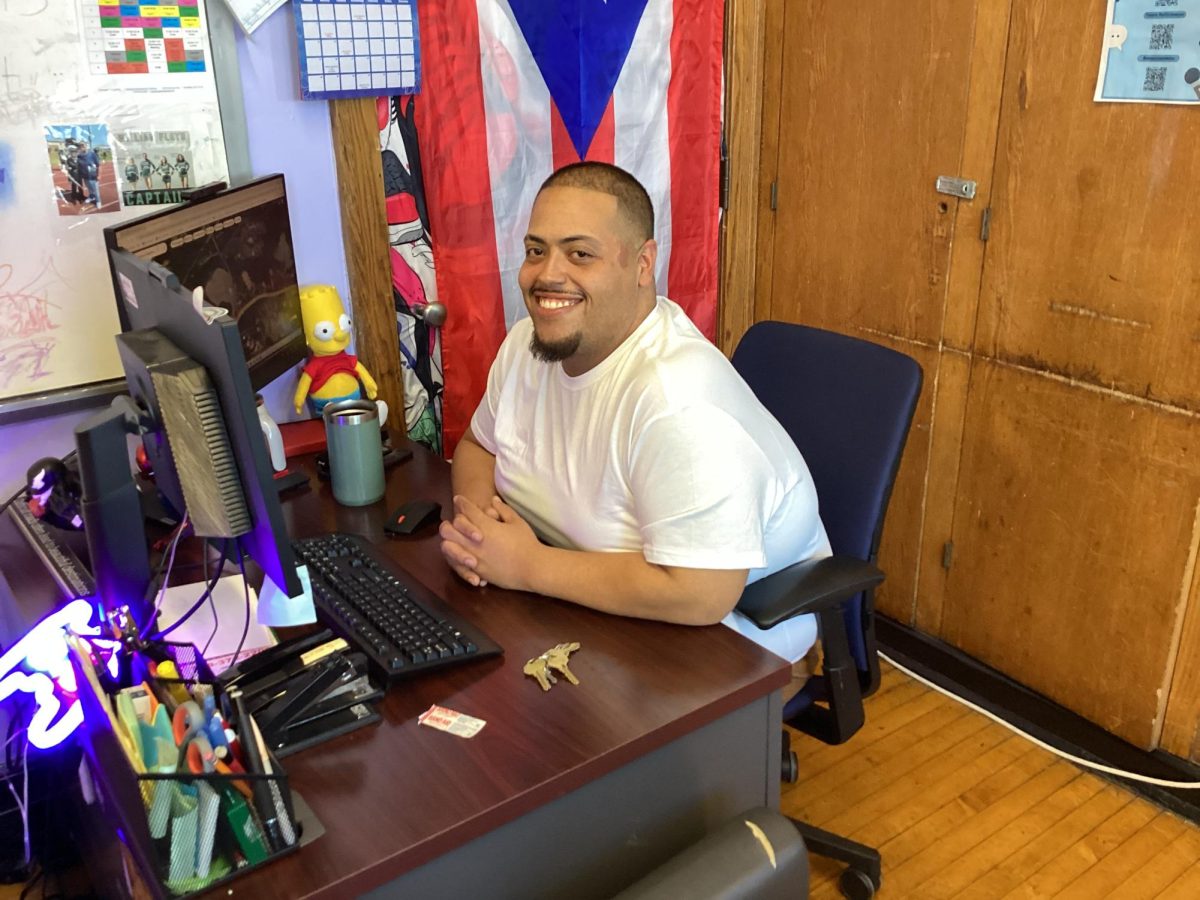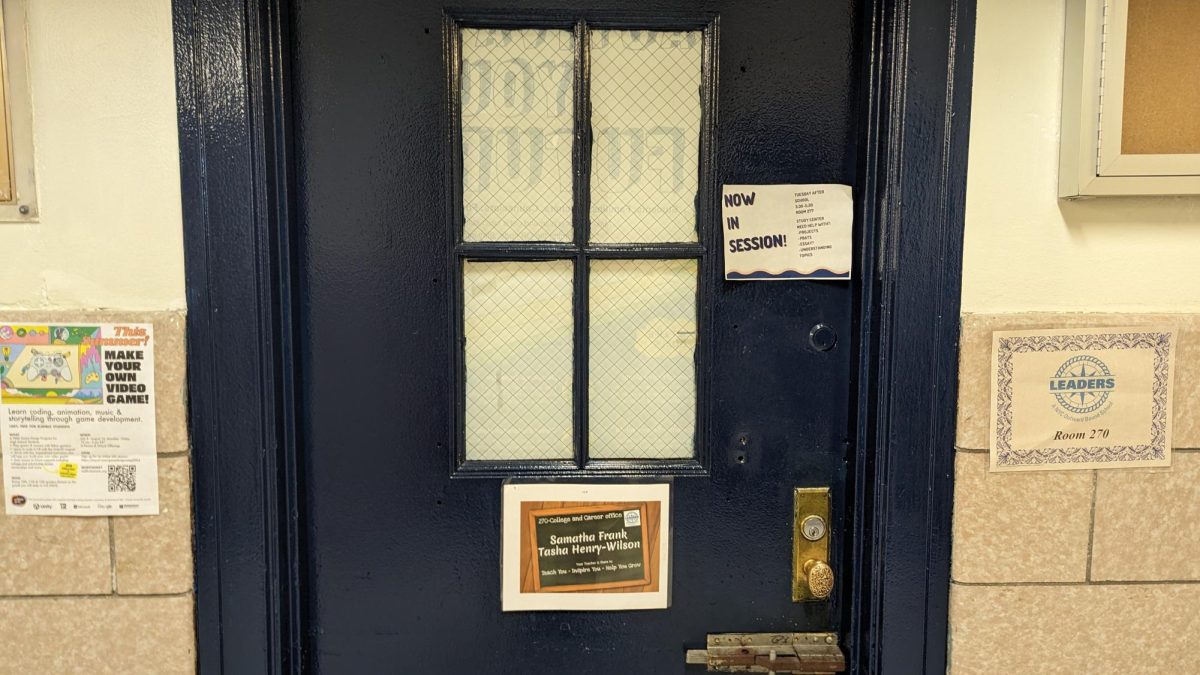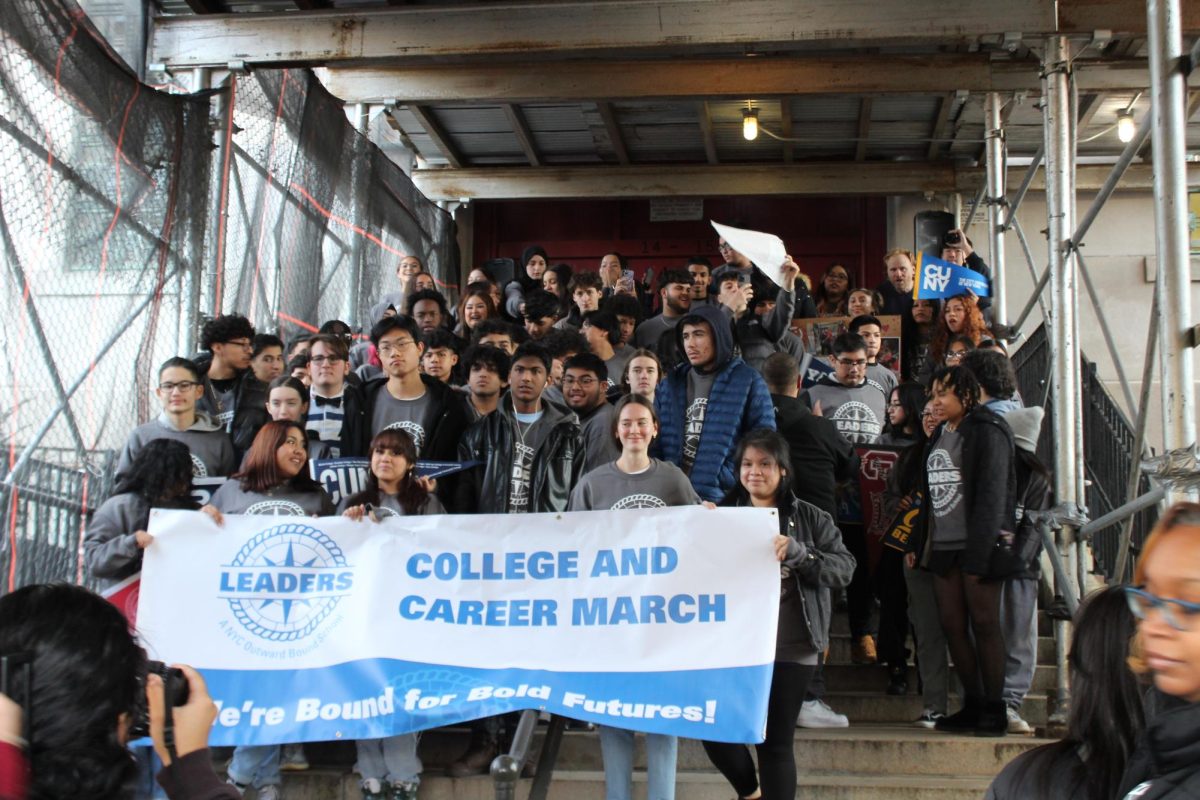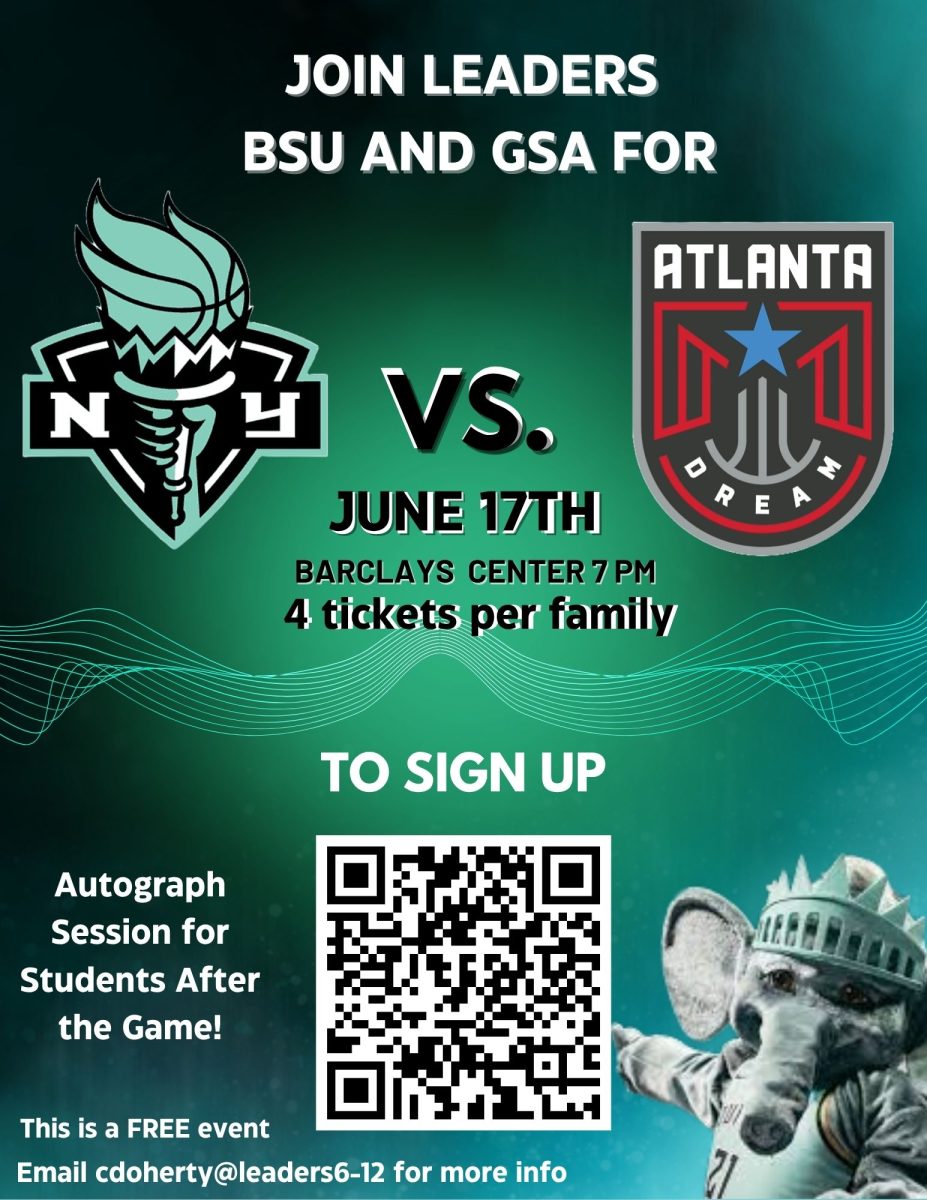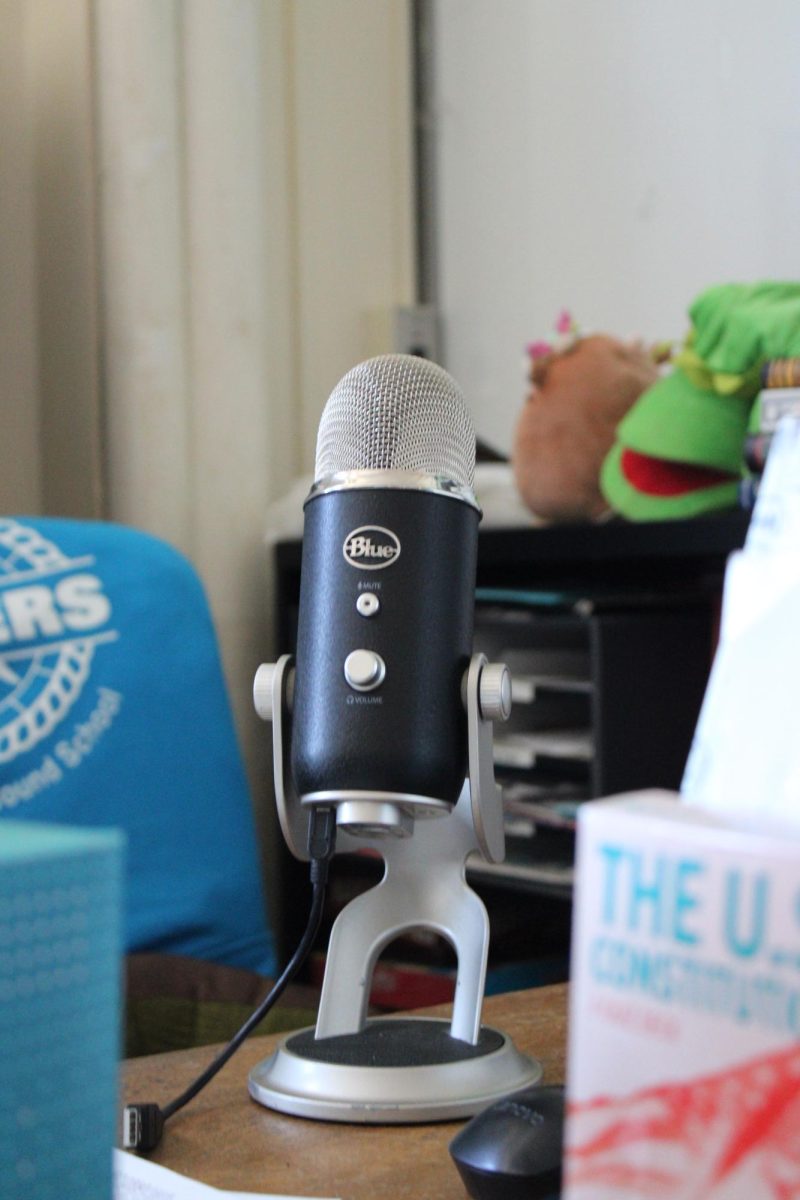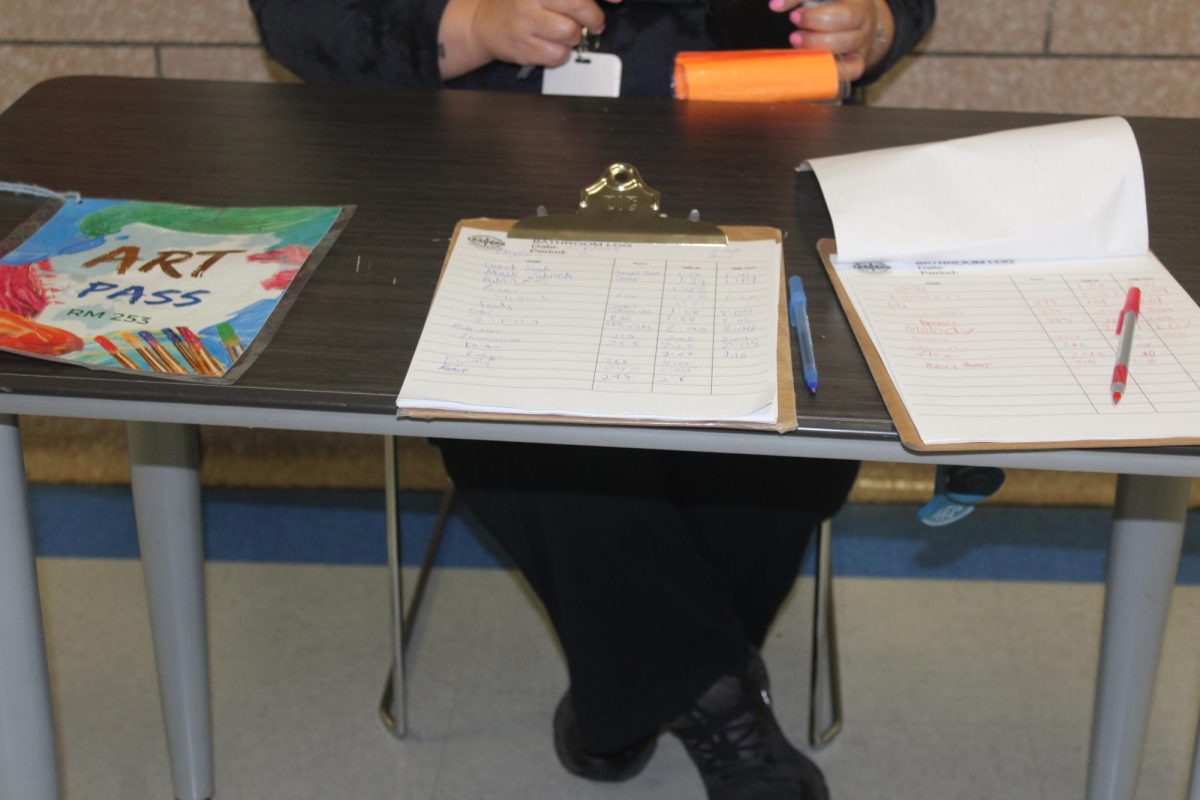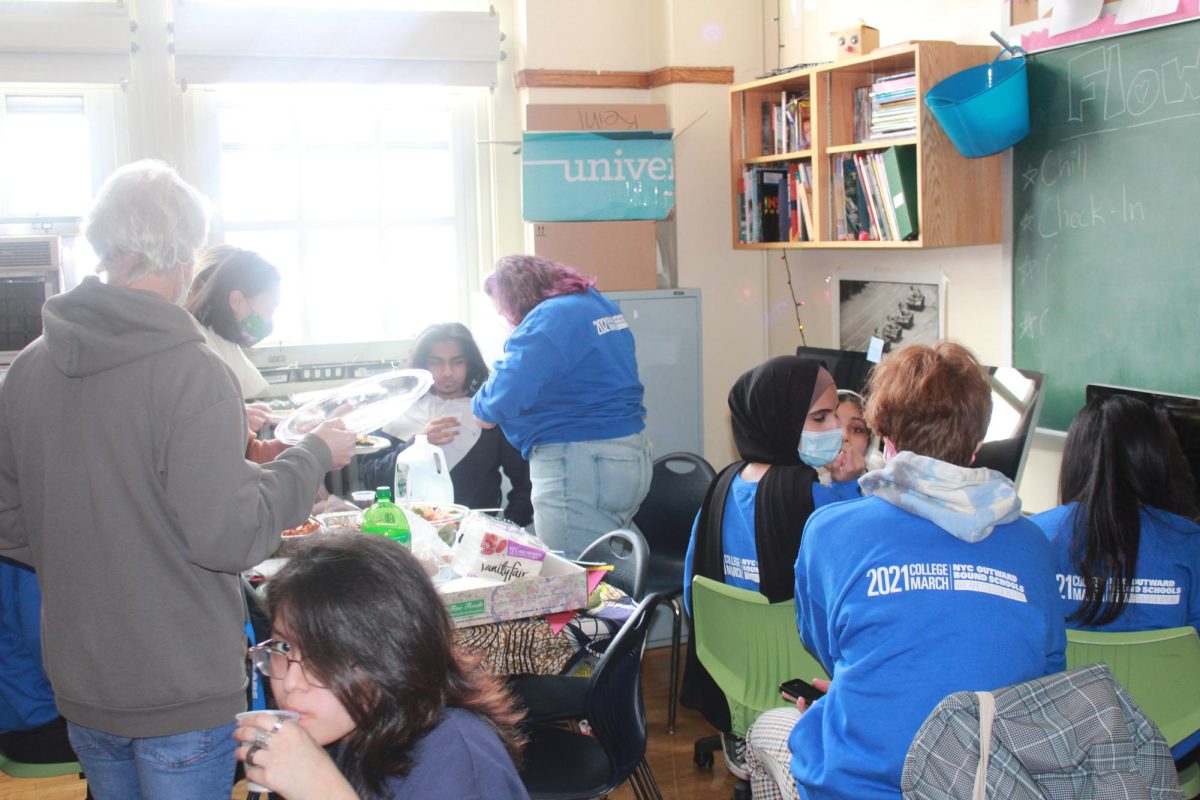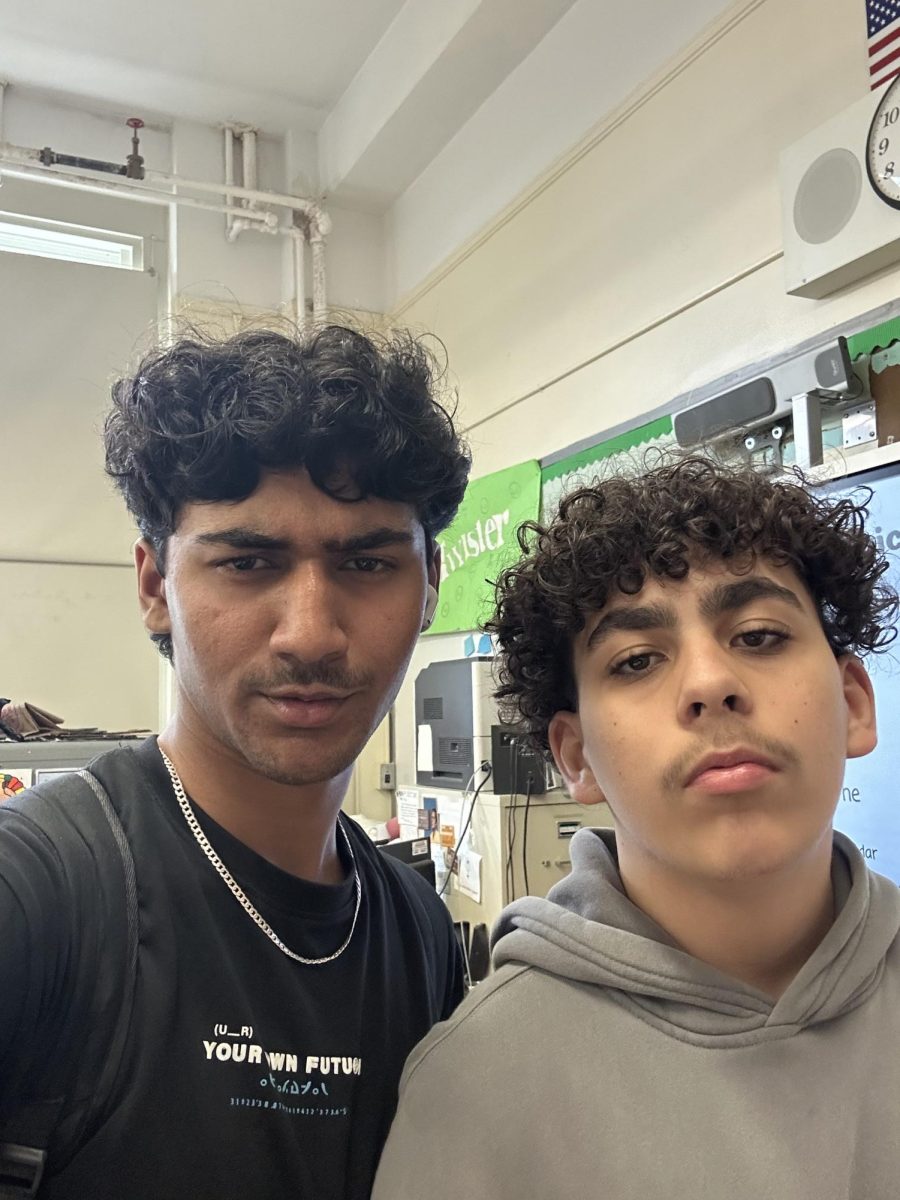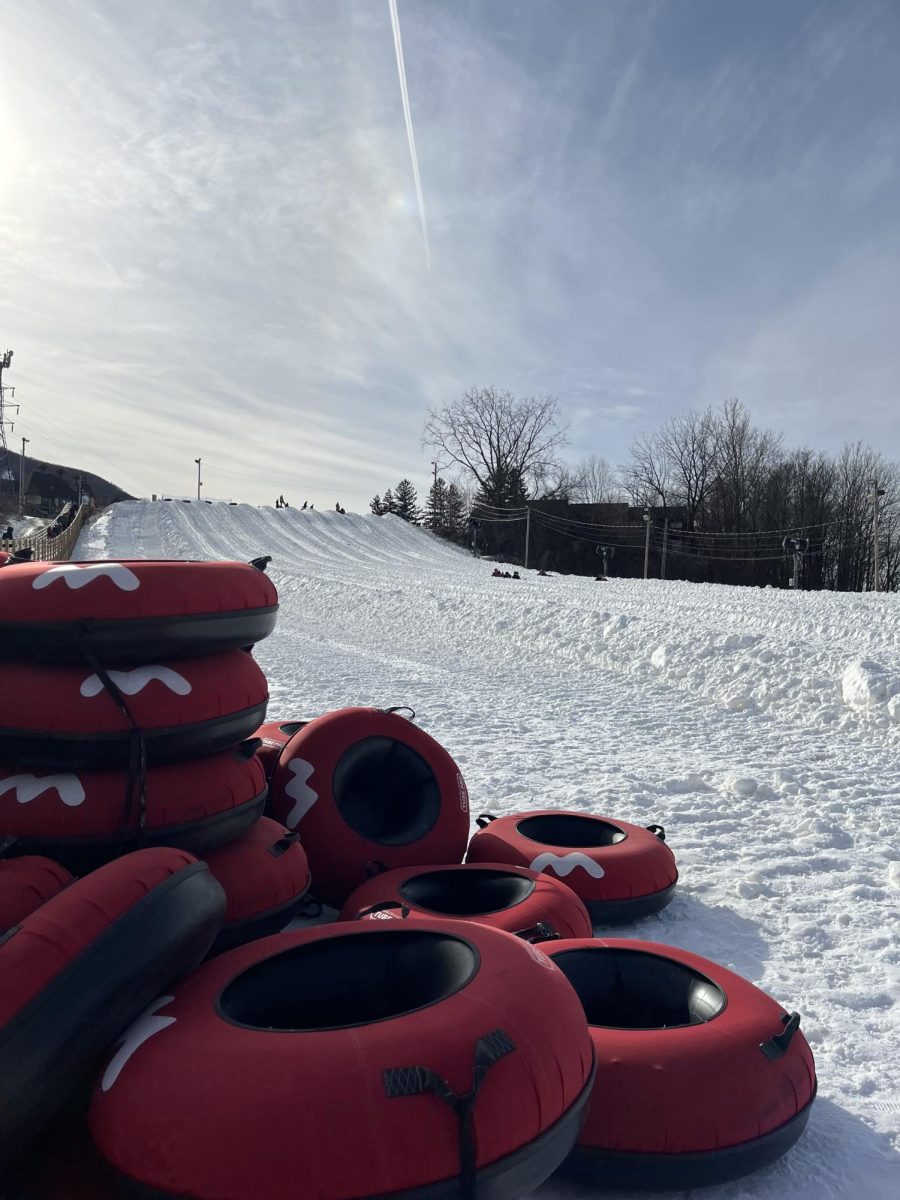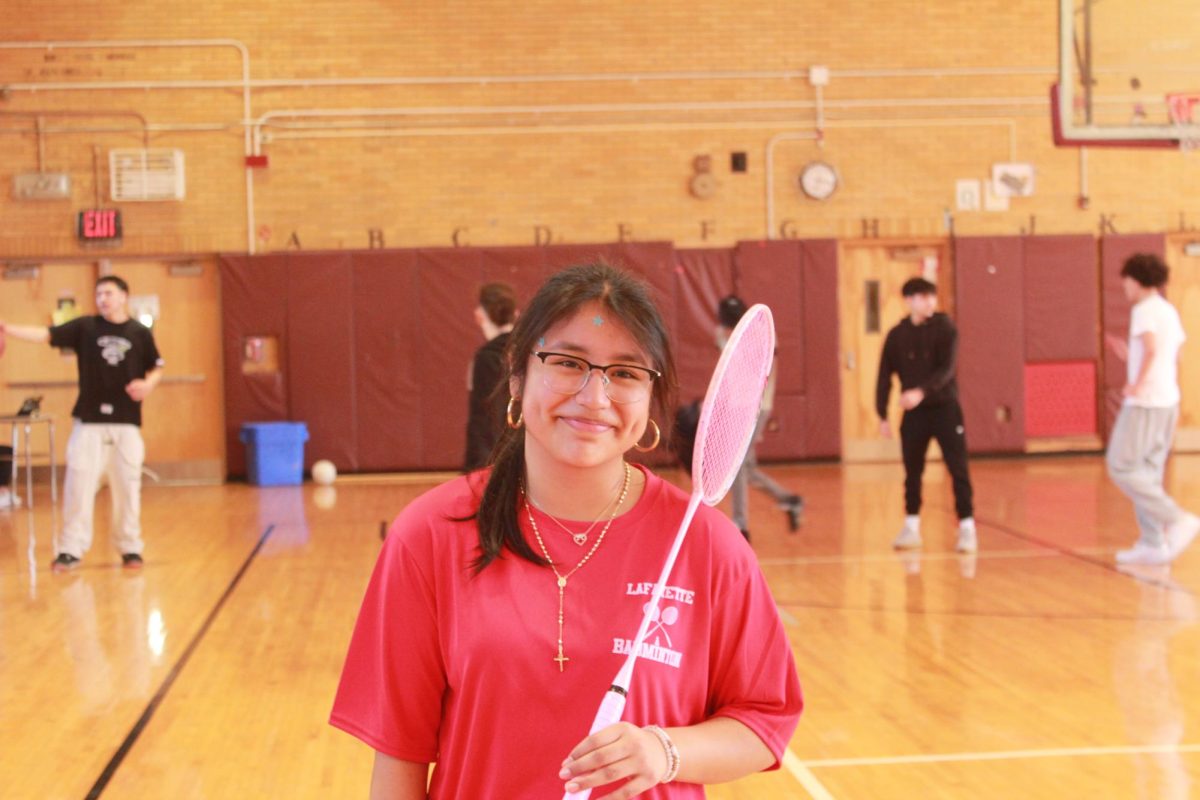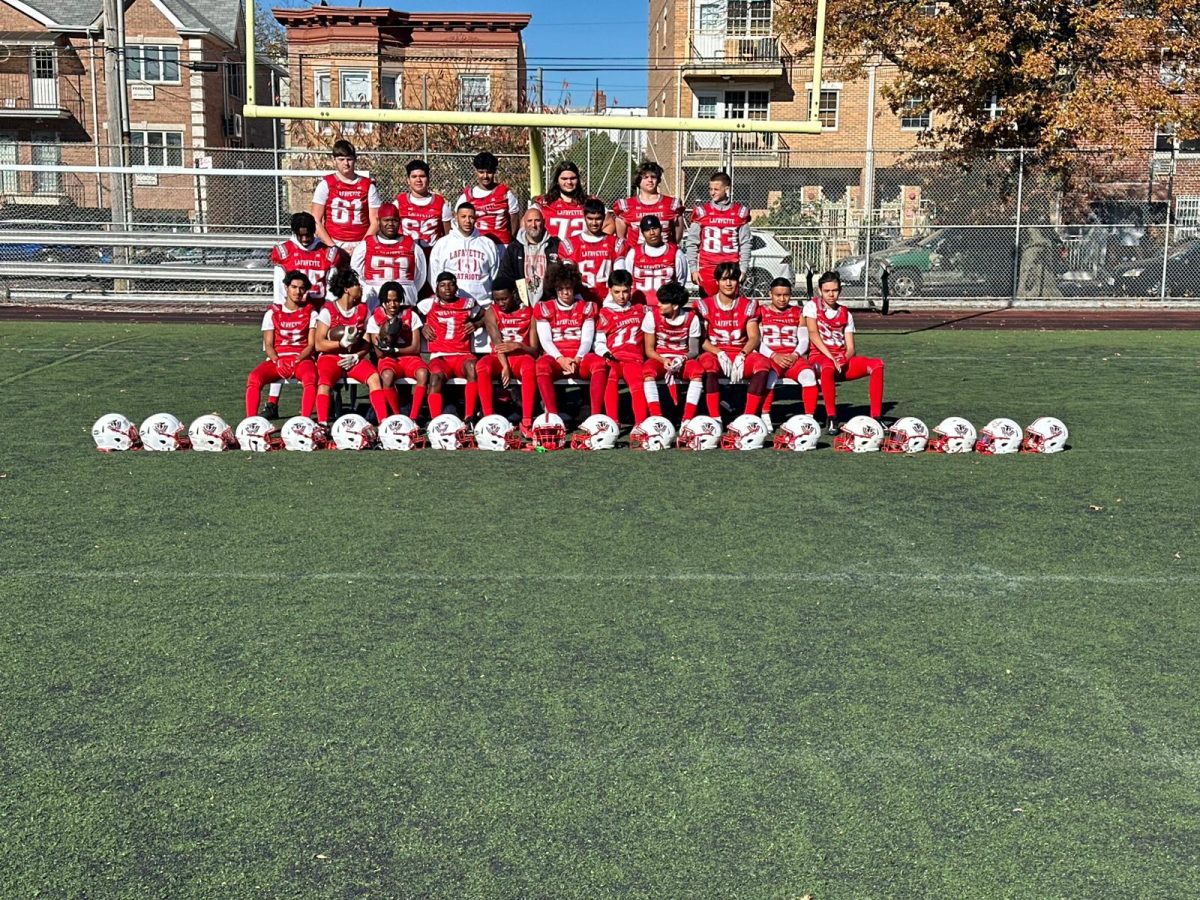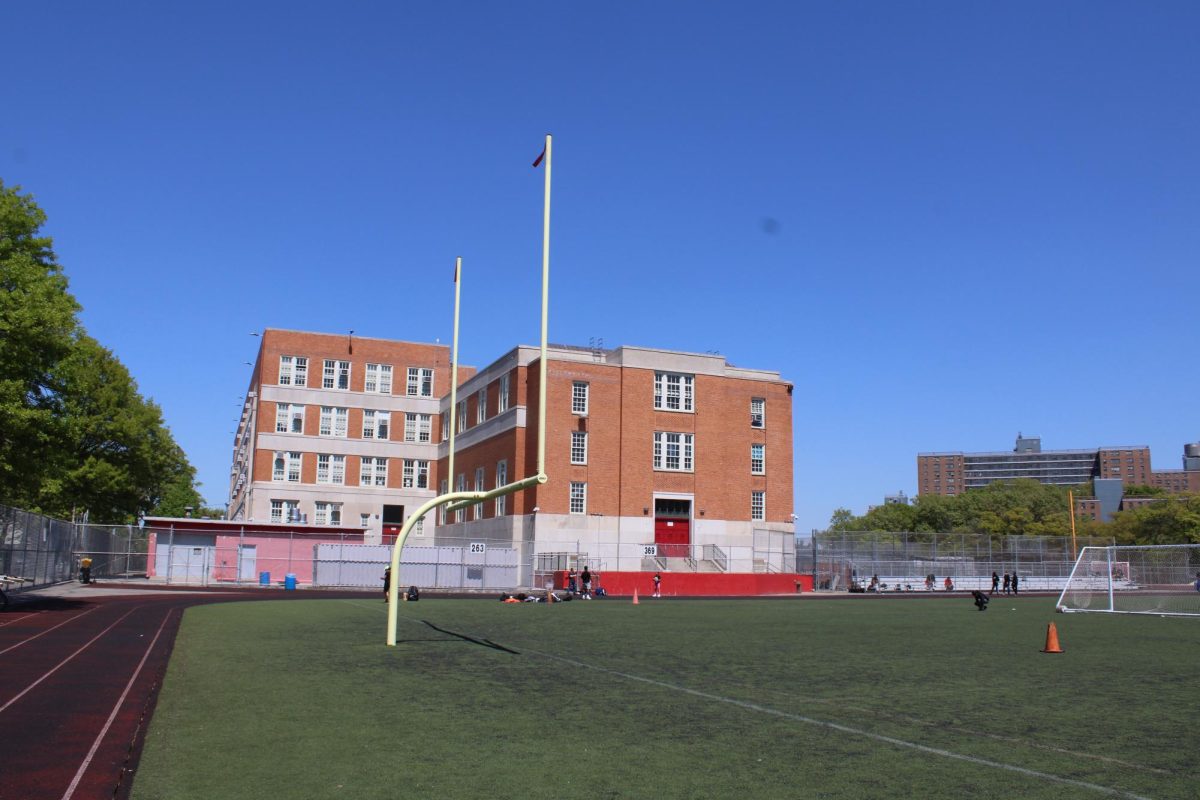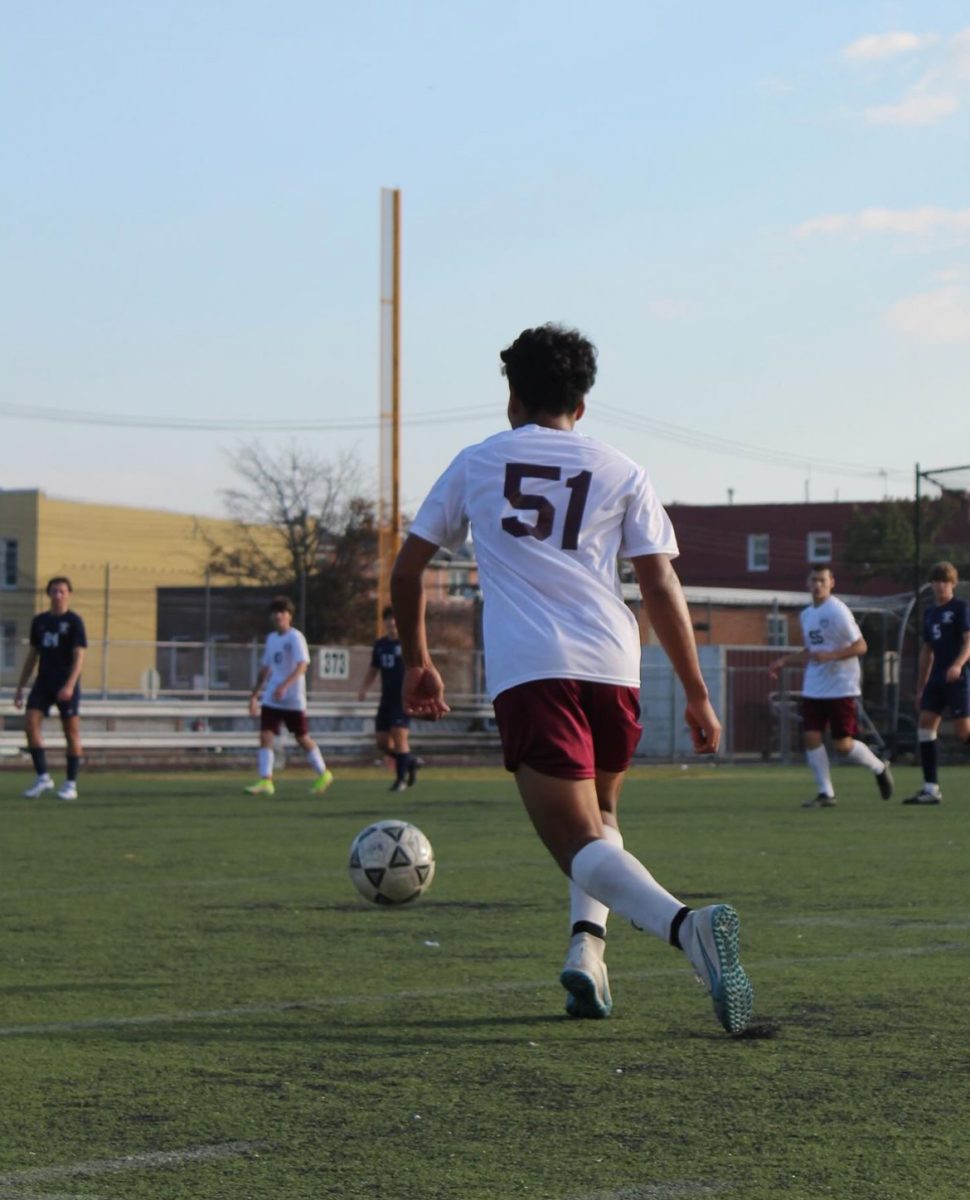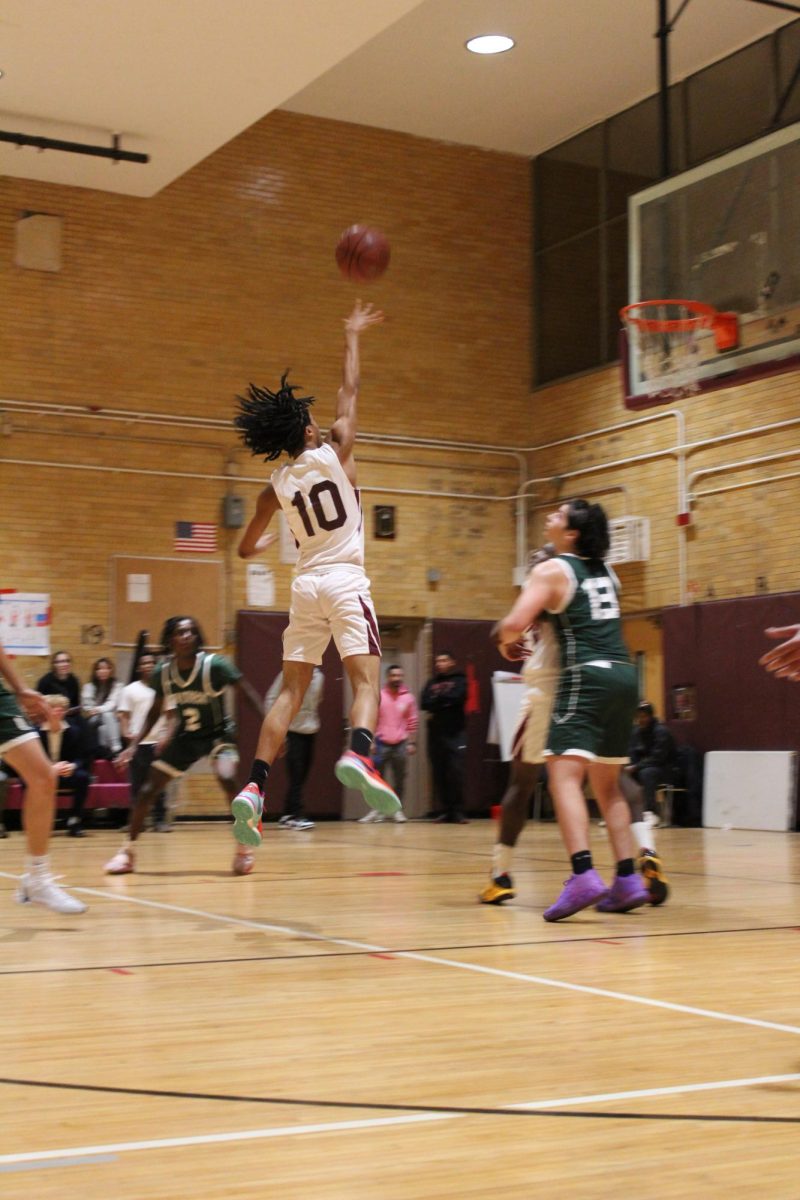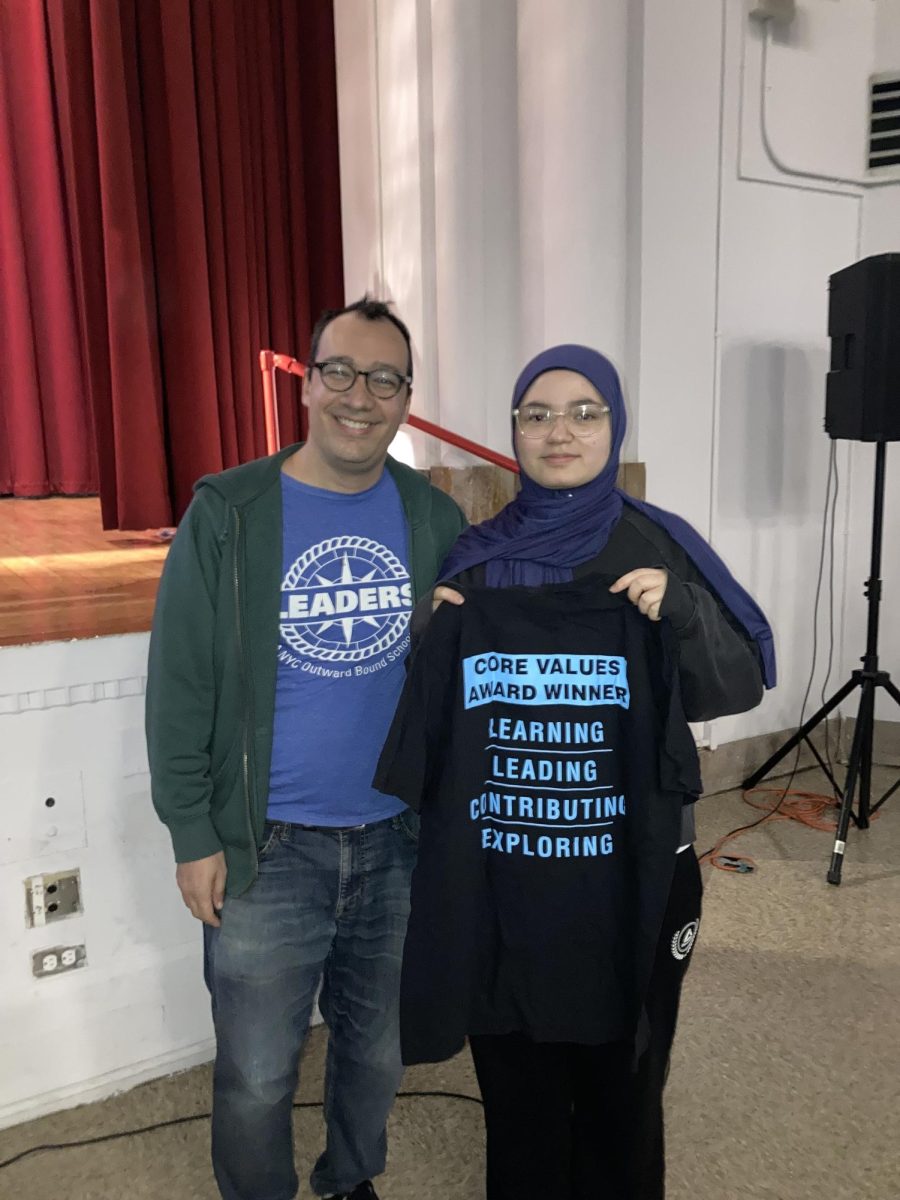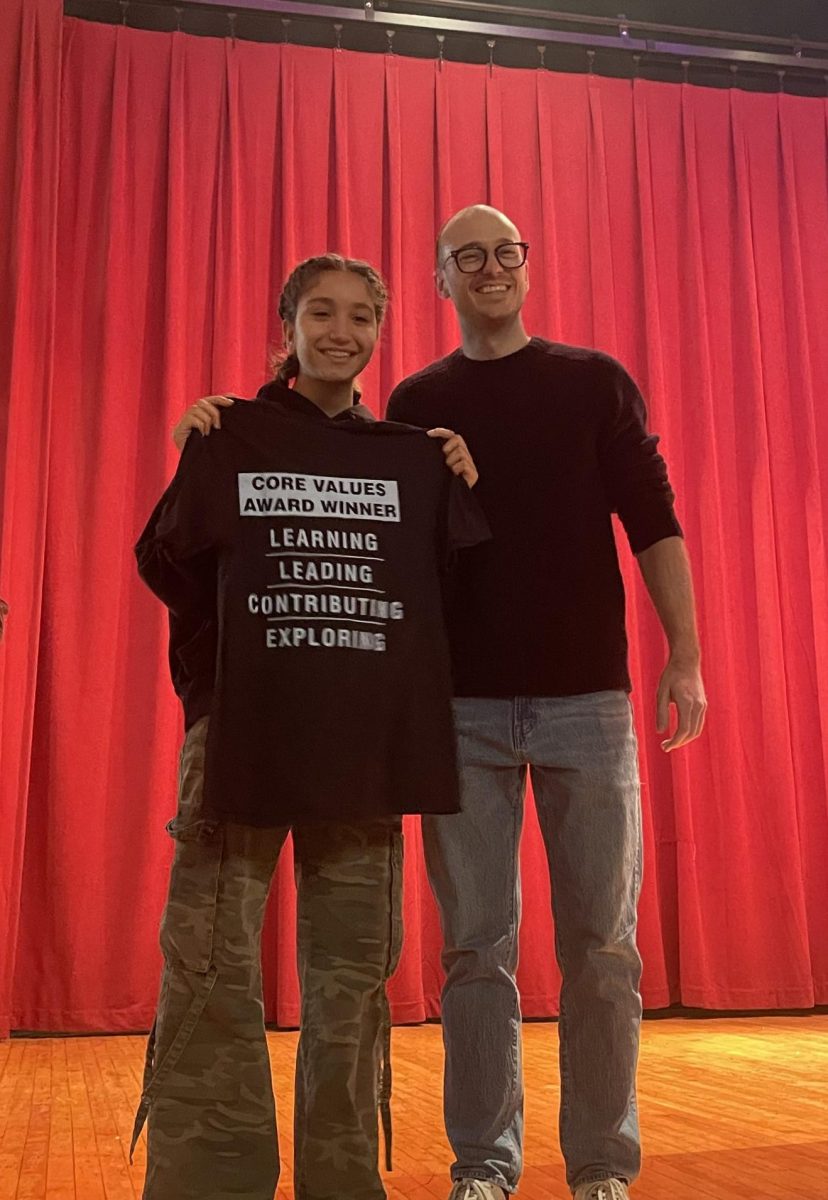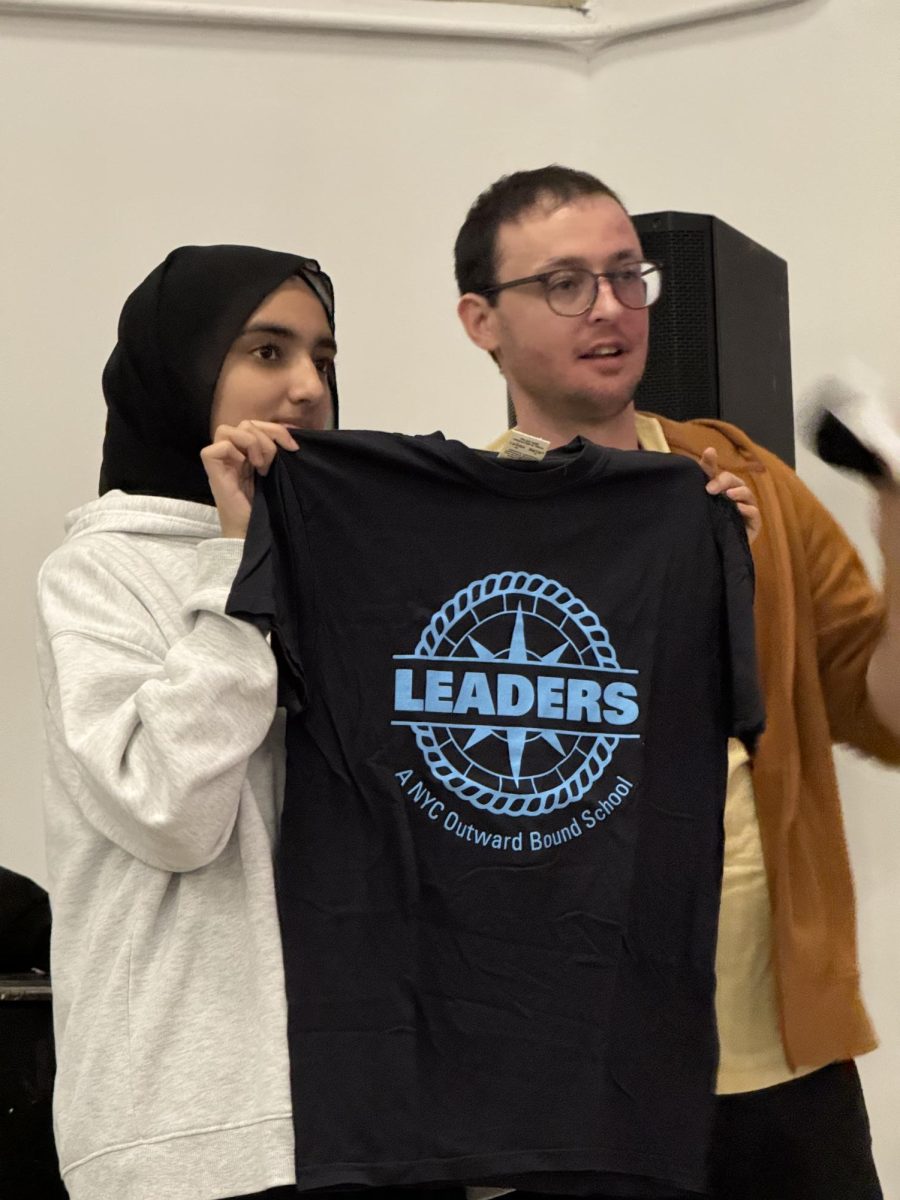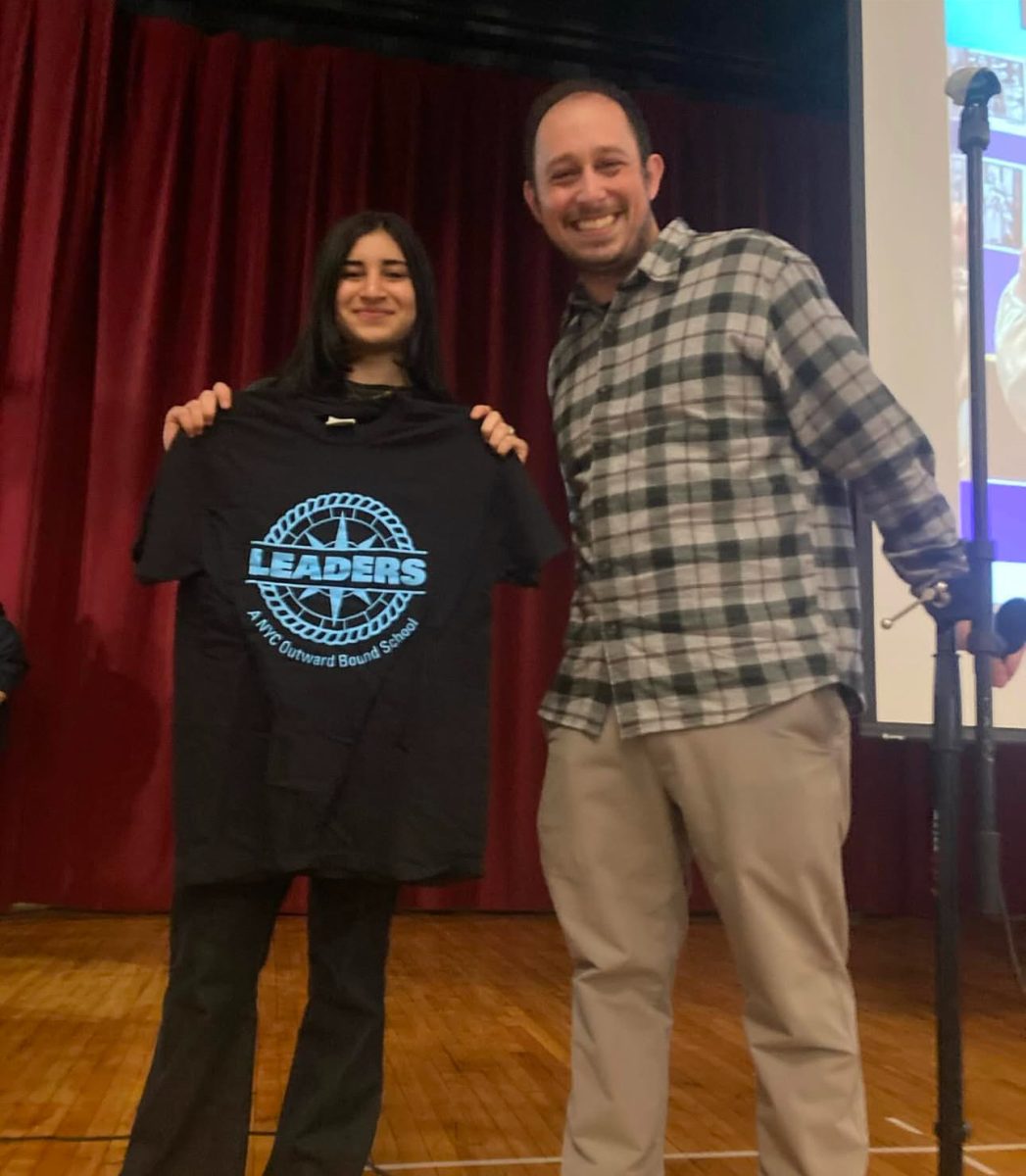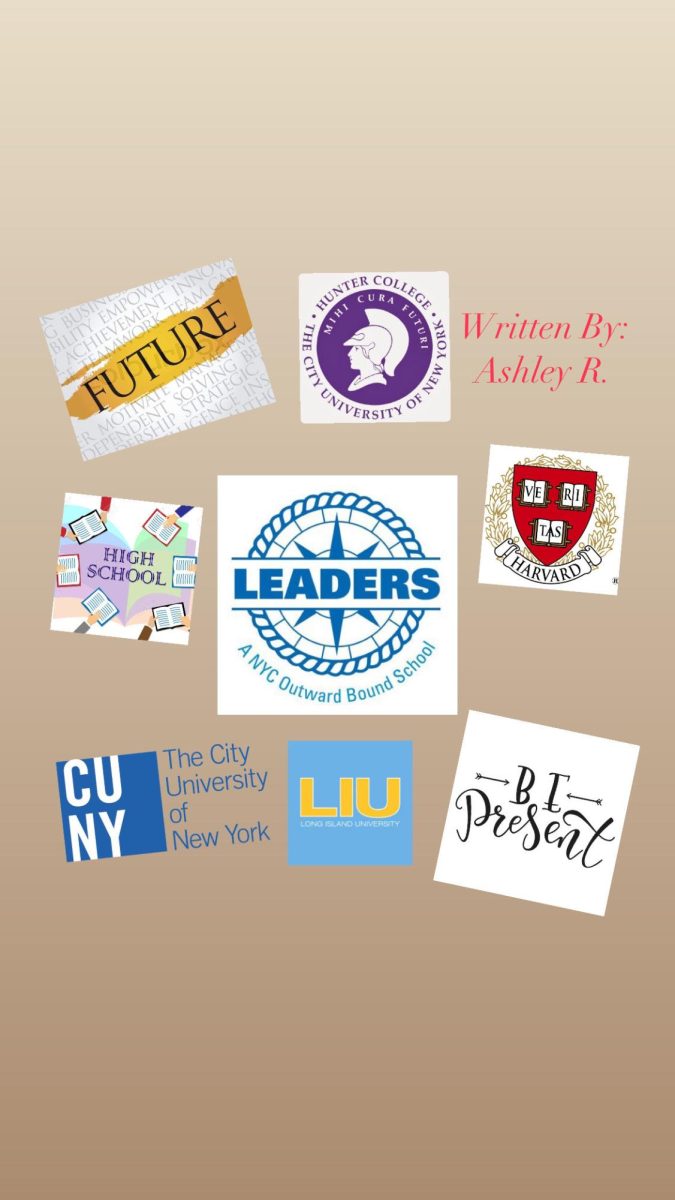Crew has been an essential part of Leaders High School for many, many years. It is what separates us from the traditional high schools and keeps students, teachers, and parents connected.
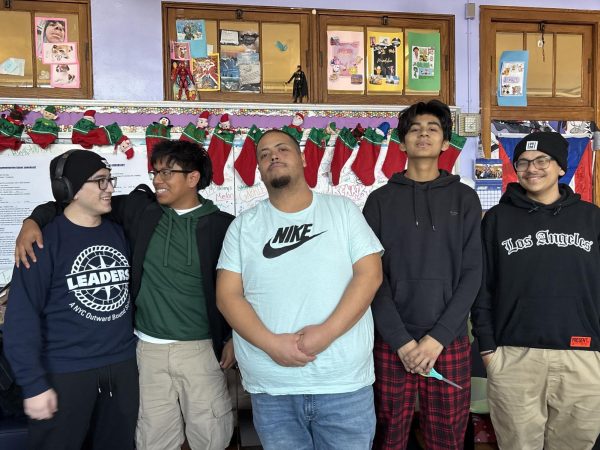
Students Weigh In
Crew:
Crew is all about building a sense of community with our peers and friends, and it seems like this goal is being successfully met. Daniela, a freshman at Leaders, shares, “It’s like a group of people I can trust.” This feeling of trust and safety is what makes crew such a vital part of the student experience.
For seniors like Ace, crew plays a much deeper role in their personal growth. “I love crew. As a peer mentor, I love my mentee crews, and I love my crew. I love being around them,” Ace says. “It makes me a better friend. When we were freshmen, it was rough and I was limited socially. Crew opened me up to be social.”
Crew not only helps foster strong friendships but also plays an essential role in developing leadership skills. “As a peer mentor, I’ve learned how to support and guide others, which has helped me grow as a person,” Ace continues. “It’s rewarding to see my mentees open up and develop the same trust in their crew members.”
Through Crew, students build a sense of belonging, connect across grade levels, and gain a deeper understanding of themselves and each other.
SLC’s:
Student-led conferences (SLCs) give students a chance to present the work they’ve done throughout the semester to their parents and Crew leaders. This method puts students in the spotlight, allowing them to take charge of the conversation about their learning. For many underclassmen, though, SLCs can be tricky at first because they’re used to teachers talking to their parents about their grades. Naatalia, a freshman, says, “The SLC was an experience where I found it difficult to write, but not present.” This shows how writing about their work can be challenging for some students, even if talking about it feels easier.
On the other hand, Ace, a senior, shares, “It was never really hard for me because my mom keeps track of everything, so it wasn’t hard.” For students like Ace, who are used to keeping their parents updated, the SLC process is much smoother. This suggests that students who already have a lot of communication with their parents about their work may find SLCs less stressful.
In contrast, an ASCD (Association for Supervision and Curriculum Development) article says, “According to the National Center for Education Statistics, attendance for parent-teacher conferences falls dramatically through the grade levels—from 89 percent in K–2 to 57 percent in high school.” This shows that fewer parents attend parent-teacher conferences as students get older. This trend shows the need for new ways to involve parents and students in discussions about learning, such as SLCs.
SLCs provide a way for students to take responsibility for their own progress and share it with their families. They help students think more about their learning and become more involved in their education. This method also makes it easier for parents to understand their child’s progress in a more personal way. By encouraging more student participation, SLCs help strengthen the connection between home and school.
